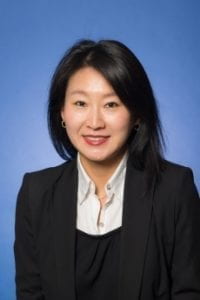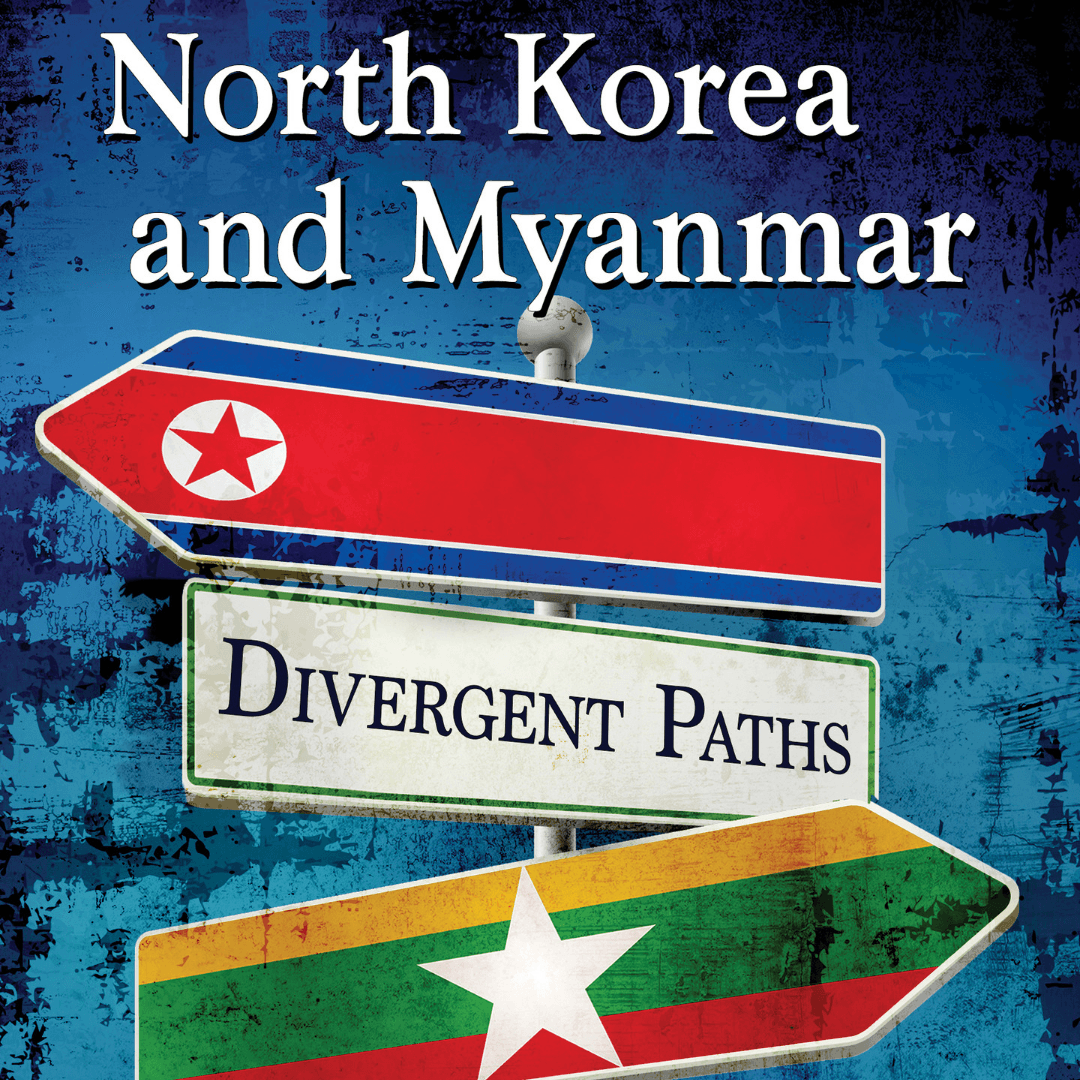The GW Institute for Korean Studies & the Sigur Center for Asian Studies
present:
Korea Policy Forum, “North Korea and Myanmar: Divergent Paths”

Speaker
Andray Abrahamian, 2018-2019 Koret Fellow, Stanford University
Date & Time
Monday, May 6, 2019, 2:00 pm – 4:00 pm
Venue
Room 505, Elliott School of International Affairs, the George Washington University
1957 E Street, NW, Washington, DC 20052
The stories of North Korea and Myanmar (Burma) are two of Asia’s most difficult. For decades they were infamous as the region’s most militarized and repressed, self-isolated and under sanctions by the international community while, from Singapore to Japan, the rest of Asia saw historic wealth creation. Andray Abrahamian, author of the recent book North Korea and Myanmar: Divergent Paths (McFarland, 2018), examines and compares the recent histories of North Korea and Myanmar, asking how both became pariahs and why Myanmar has been able to find a path out of isolation while North Korea has not. He finds that both countries were faced with severe security threats following decolonization. Myanmar was able to largely take care of its main threats in the 1990s and 2000s, allowing it the space to address the reasons for its pariah status. North Korea’s response to its security threat has been to develop nuclear weapons, which in turn perpetuates and exacerbates its isolation and pariah status. In addition, Pyongyang has developed a state ideology and a coercive apparatus unmatched by Myanmar, insulating its decision makers from political pressures and issues of legitimacy to a greater degree.
◊ Speaker
 Andray Abrahamian, Stanford University
Andray Abrahamian, Stanford University
Andray Abrahamian is the 2018-2019 Koret Fellow at Stanford University. He is also an Adjunct Fellow at Pacific Forum and an Adjunct Fellow at the Griffith Asia Institute. Working for a non-profit, Choson Exchange, has taken him to the DPRK over 30 times; he has also lived in Myanmar and written a book comparing the two countries. He is the co-founder of Coreana Connect, a non-profit dedicated to increasing positive, cooperative US-DPRK exchanges through a focus on women’s issues.
◊ Moderator
 Moderator: Jisoo M. Kim, GW Institute for Korean Studies
Moderator: Jisoo M. Kim, GW Institute for Korean Studies
Jisoo M. Kim is Korea Foundation Associate Professor of History, International Affairs, and East Asian Languages and Literatures and Director of the Institute for Korean Studies at GW. She received her Ph.D. in Korean History from Columbia University. She is a specialist in gender and legal history of early modern Korea. Her broader research interests include gender and sexuality, crime and justice, forensic medicine, literary representations of the law, history of emotions, vernacular, and gender writing. She is the author of The Emotions of Justice: Gender, Status, and Legal Performance in Chosŏn Korea (University of Washington Press, 2015), which was awarded the 2017 James Palais Prize of the Association for Asian Studies. She is also the co-editor of The Great East Asian War and the Birth of the Korean Nation by JaHyun Kim Haboush (Columbia University Press, 2016). She is currently working on a new book project titled Suspicious Deaths: Forensic Medicine, Dead Bodies, and Criminal Justice in Chosŏn Korea.
This event is on the record and open to the media.


